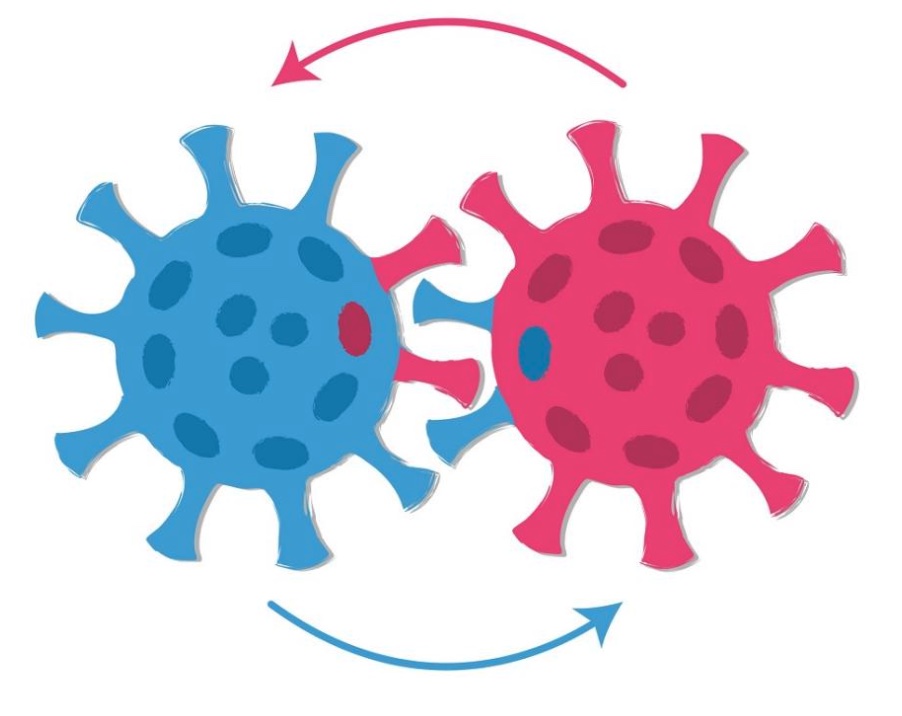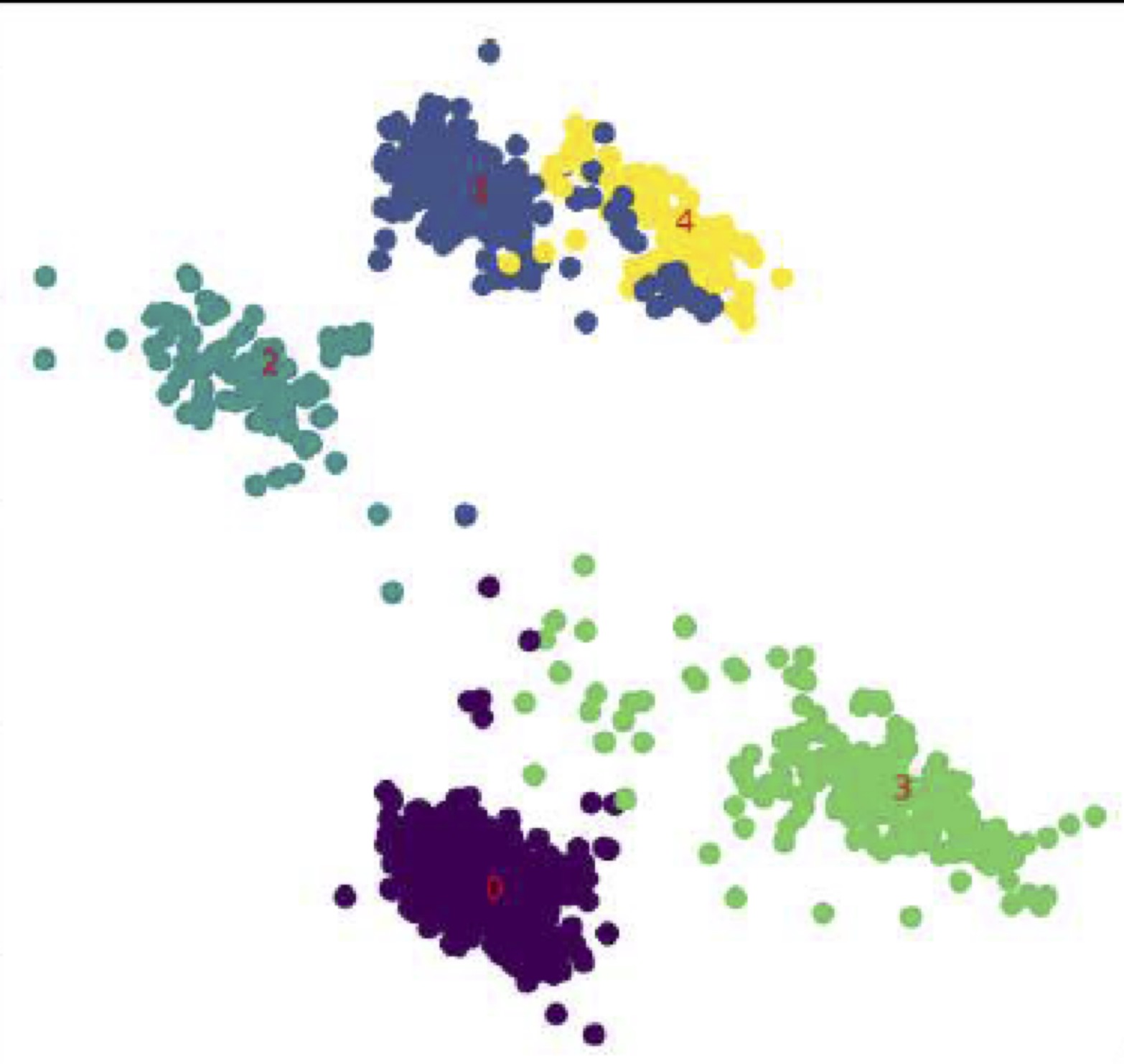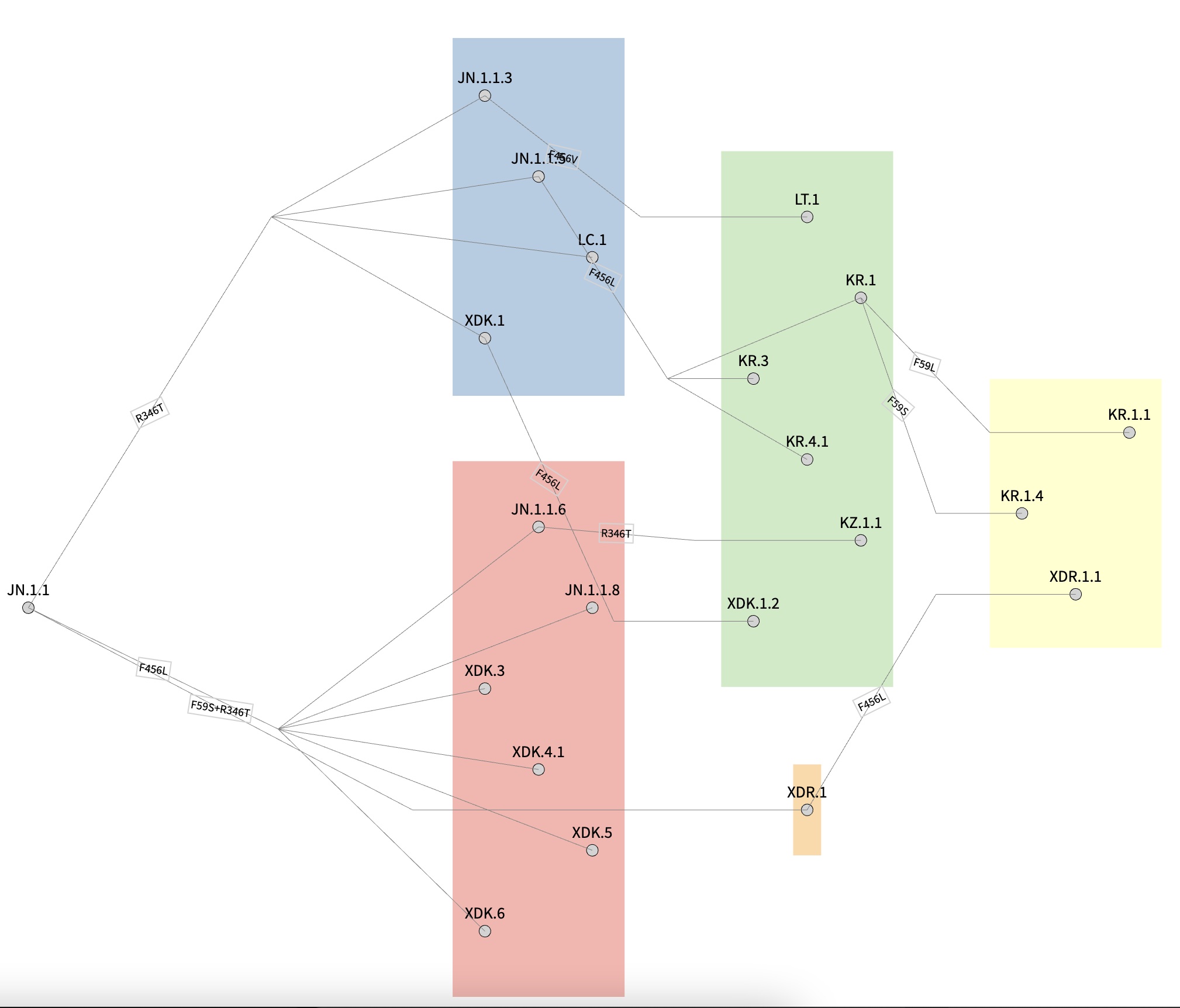News
-

December 1st, 2023
The project officially starts
Our meetings have already begun!
-

February 9th, 2024
Our preprint on biorXiv
Here, we present RecombinHunt, a novel, automated method for the identification of recombinant genomes purely based on a data-driven approach
-

April 17th, 2024
Paper published on NatComm
After a long journey, our paper describing the RecombinHunt approach, has been published on the prestigious Nature Communication journal!
-

June 7th, 2024
CAiSE 2024
We presented SENSIBLE in the context of the research projects of the 36th International Conference on Advanced Information Systems Engineering June 03-07 2024 Limassol, Cyprus. Check out our poster here.
-

July 2nd, 2024
Our Press Release
The news about our research on recombinant viruses for improving warning systems is out. See Polimi website and Unimi website, X post, Linkedin post, DEIB department post.
Il Sole 24ore is speaking about us! See the article. -

September 10th, 2024
Interview
The project PI Anna Bernasconi was interviewed for the online blog Frontiere. Read the article here.
-

June 2025
Paper published on the Computational and Structural Biotechnology Journal
-

September 2025
We present RecombinHunt at CIBB
We will be presenting our paper on using RecombinHunt on Influenza A data in the context of the 20th conference on Computational Intelligence methods for Bioinformatics and Biostatistics
Check the program of the event here.
-

October 2025
Our ConvMut tool LIVE on GISAID
We are happy to announce that our ConvMut tool has been integrated within the GISAID EpiCoV platform!
ConvMut is presented in this preprint.
-

November 2025
FluWarning has been published
-
Follow
our
progress!




